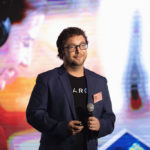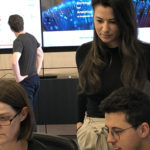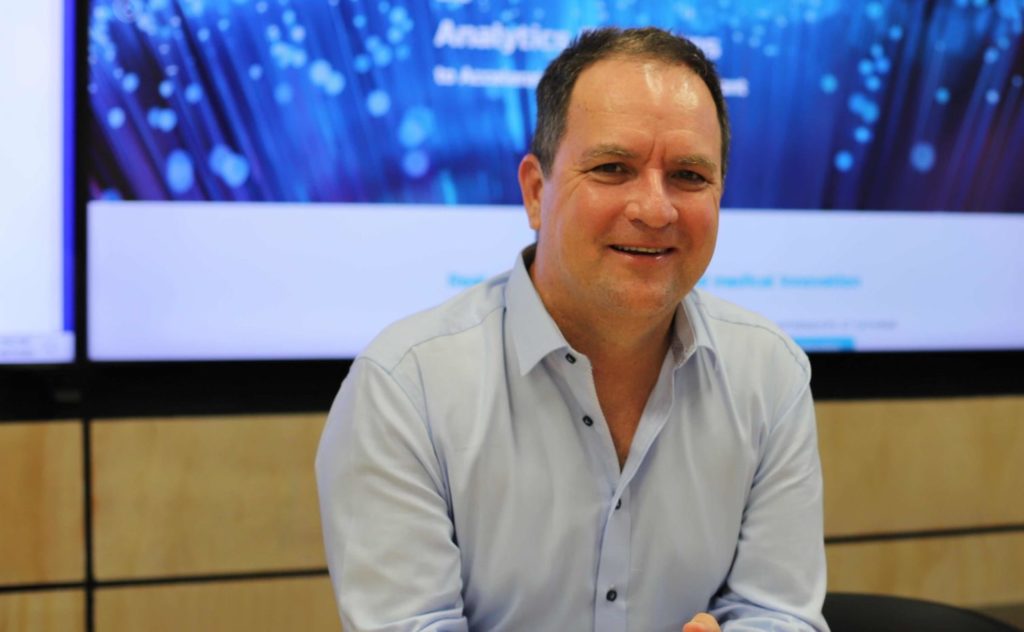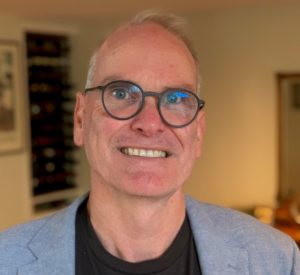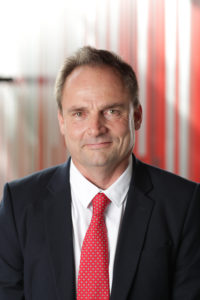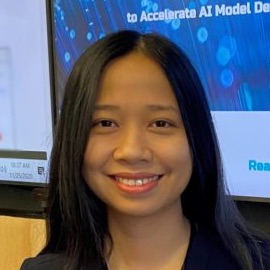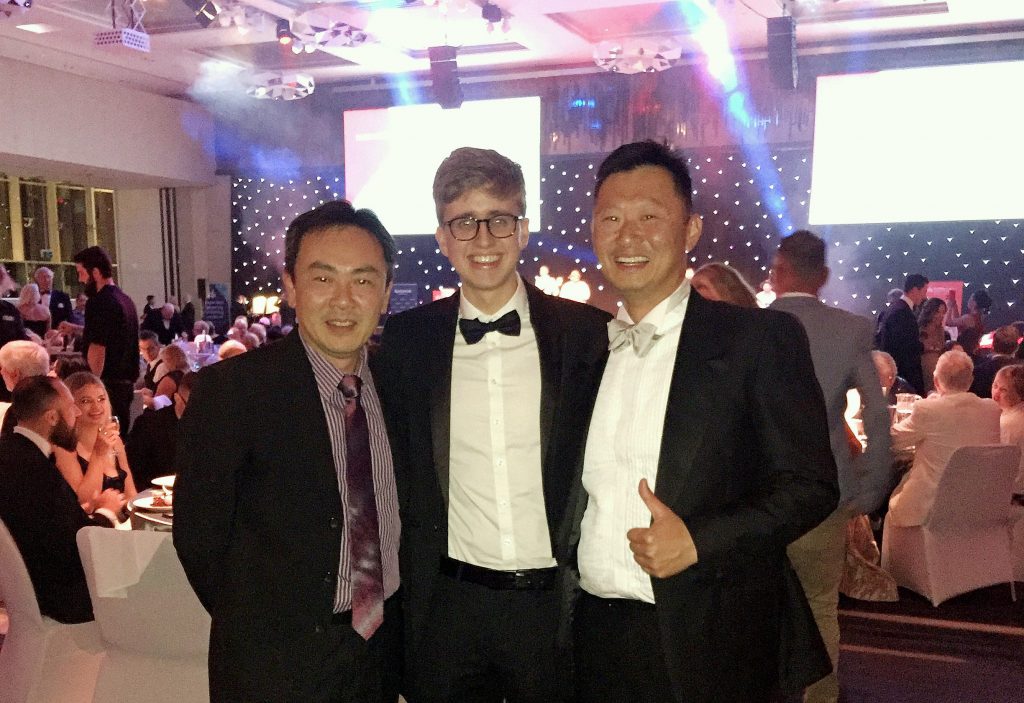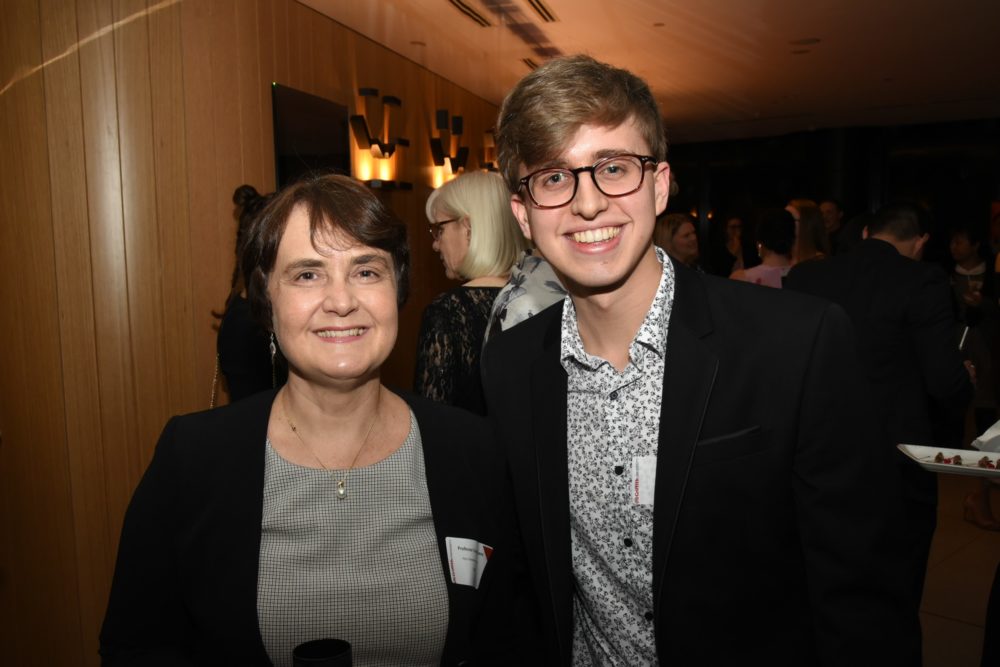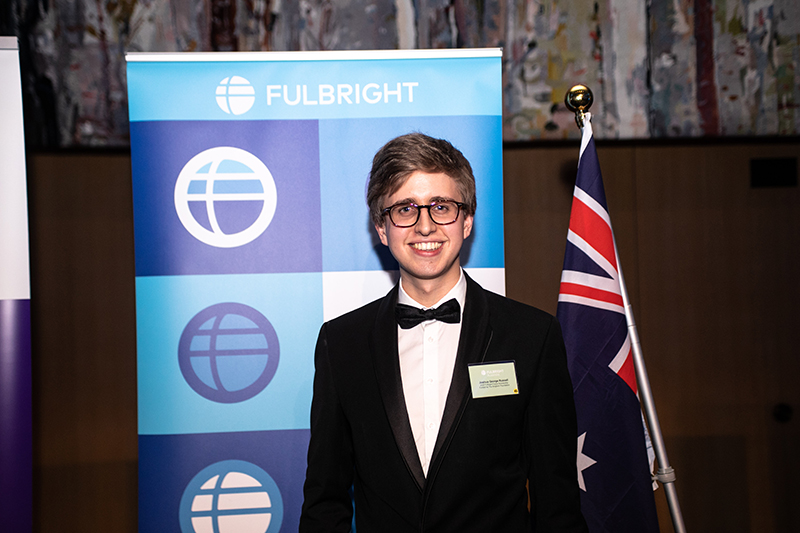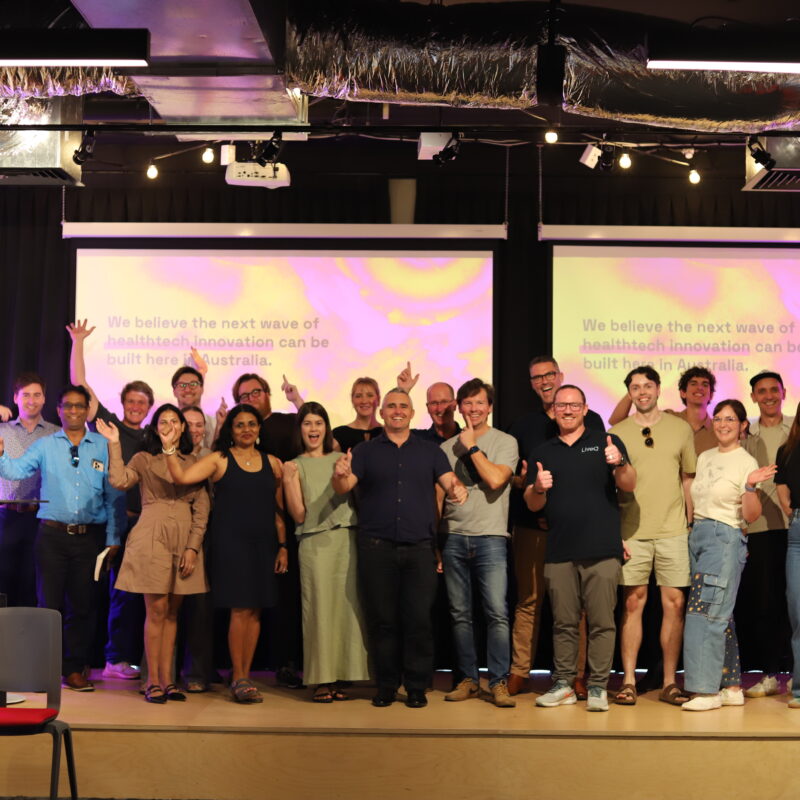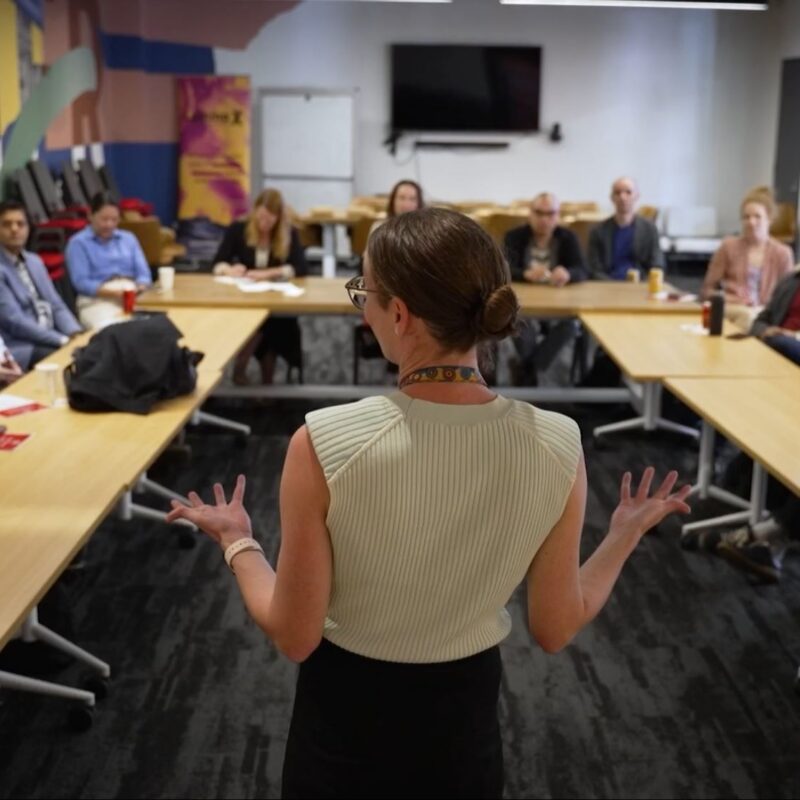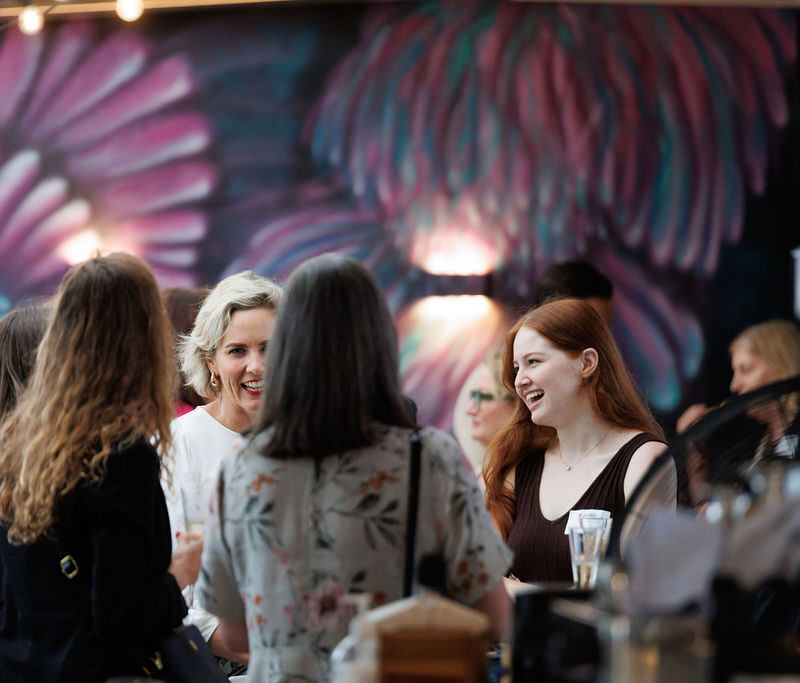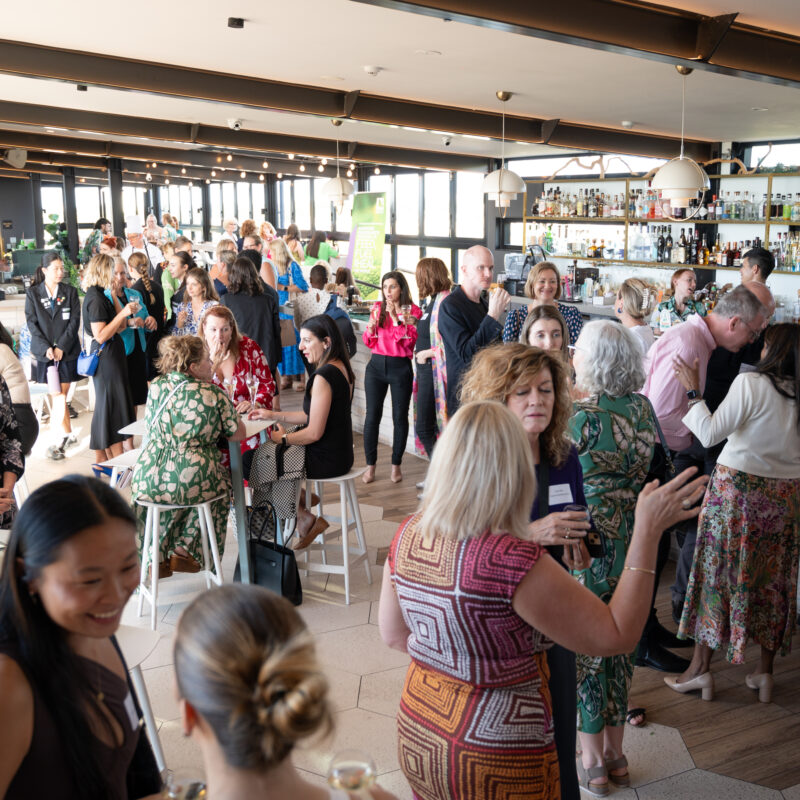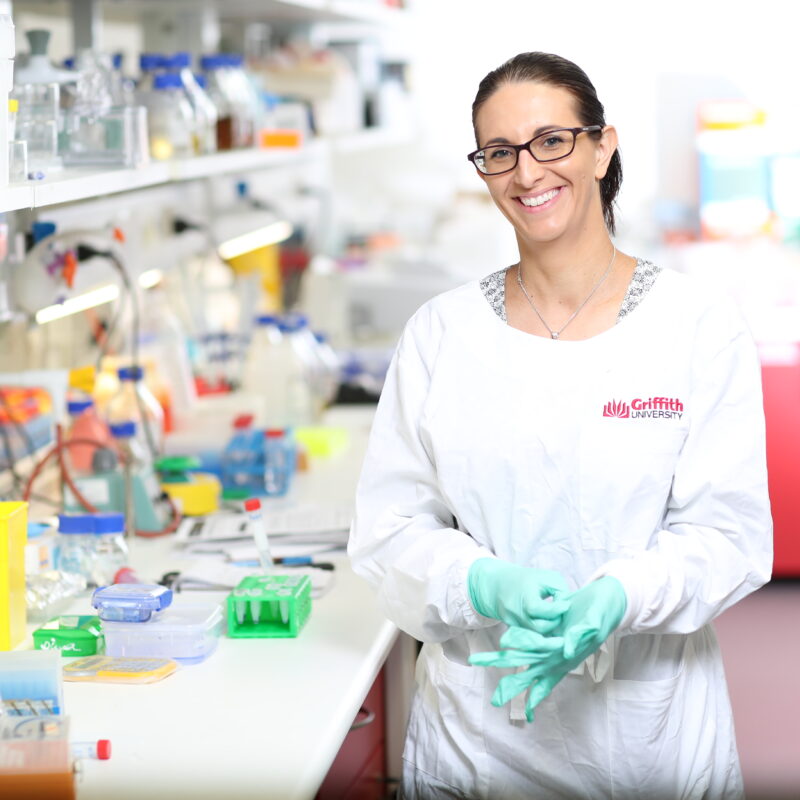
As COVID-19 accelerates the digital health revolution, the inaugural LuminaX health tech accelerator program, delivered by Cohort Innovation Space to support 15 ambitious founders with 10 start-up businesses, could not have been better timed to ride a wave of health and tech sector interest and growing consumer demand.
Running an intensive in-person program over 14 weeks during a pandemic, was no mean feat in itself!
Patients and hard-working healthcare workers were front and centre, as the 10 LuminaX teams made their passionate pitches to solve health problems and potentially save lives during an upbeat demo-day event, with hearing impaired founder Elliot Miller taking out top prize for his gamified auditory training program that has the potential to assist 430 million hearing-impaired people worldwide.
Drawing on his own experience after receiving a Cochlear hearing implant, Elliot realised that this amazing device and Australian innovation success, was just the start of his hearing journey – he needed to train his brain to adapt to an auditory world, and existing training programs were simply inadequate. Hearoes was born.
“Receiving the implant was like being given a car, but without ever having driven a car before, let alone having a driver’s license,” Elliot told the audience.
With a Bachelor’s degree in Games Design and the support of clinicians, Elliot has brought a fellow designer onboard and their initial gamified and modular product has already attracted 1,000 active consumer users in a month, while almost 50 clinical users have also signed on. Queensland Health has supported the proof-of-concept, purchasing 25 program licenses for $92,000, ahead of a $500,000 seed funding round.
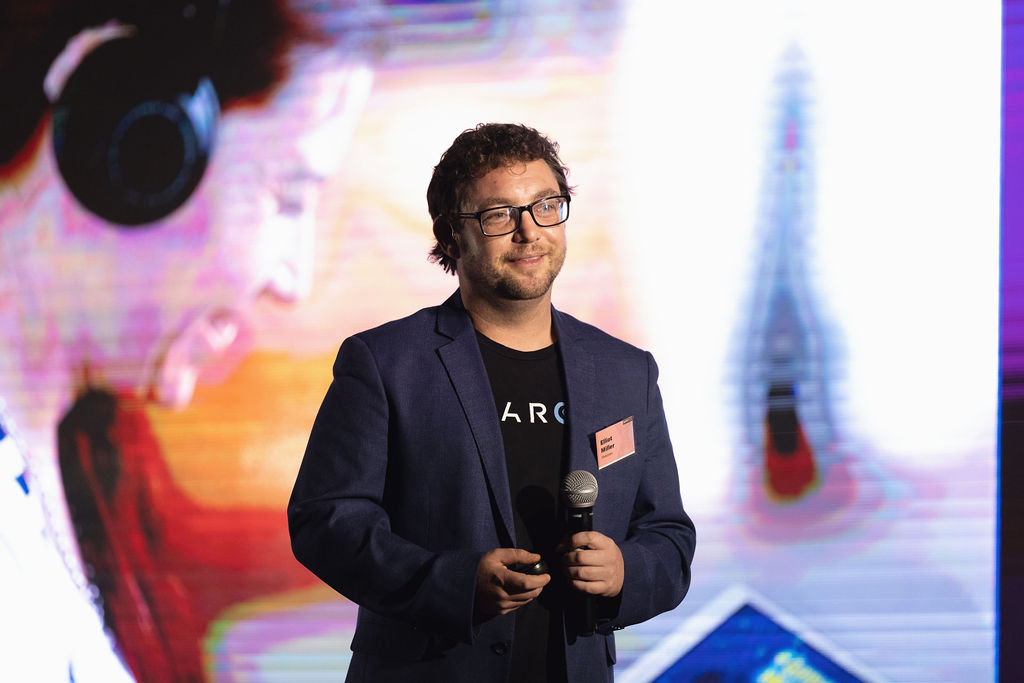
Health and economic costs from hearing loss are estimated at $41b per annum in Australia alone and the program is proving to be a universal solution that cuts across languages and can help people with different types of hearing loss. The two-pronged (B2C and B2B) business model targets both end-users and the healthcare industry, with a combined annual revenue forecast of $101m by 2026.
“We’re already building a world where people with hearing loss can achieve their full potential,” Elliott enthused.
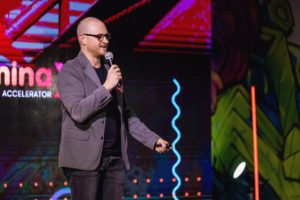
Cohort and CoSpaces CEO Ben Howe said the accelerator’s success was built on the wealth of expertise they were able to bring together from across the Precinct to assist the start-ups with 400 hours of coaching, with the 30 mentors representing the brightest industry and clinical minds, including eight clinicians from Gold Coast Health.
Health is a hard industry in which to innovate, so it is has been great to see teams who are not only motivated to solve big problems and build great businesses, but who genuinely care about helping others in need.
From an acute care medical research data program, to an online platform preparing children to cope with medical procedures, programs to enhance medical and healthcare training, and an online health and wellness program for those with disabilities, the solutions developed by the ten teams have already attracted almost $1m in funding and seen 8 new jobs added across the group during the accelerator period.
Taylor Hobbs founder of Comfort Quest took out the LuminaX AI Prize for his platform that aims to take the anxiety out of medical procedures and hospital admissions and which has already attracted partnerships with the Queensland Children’s Hospital and the Meg Foundation.
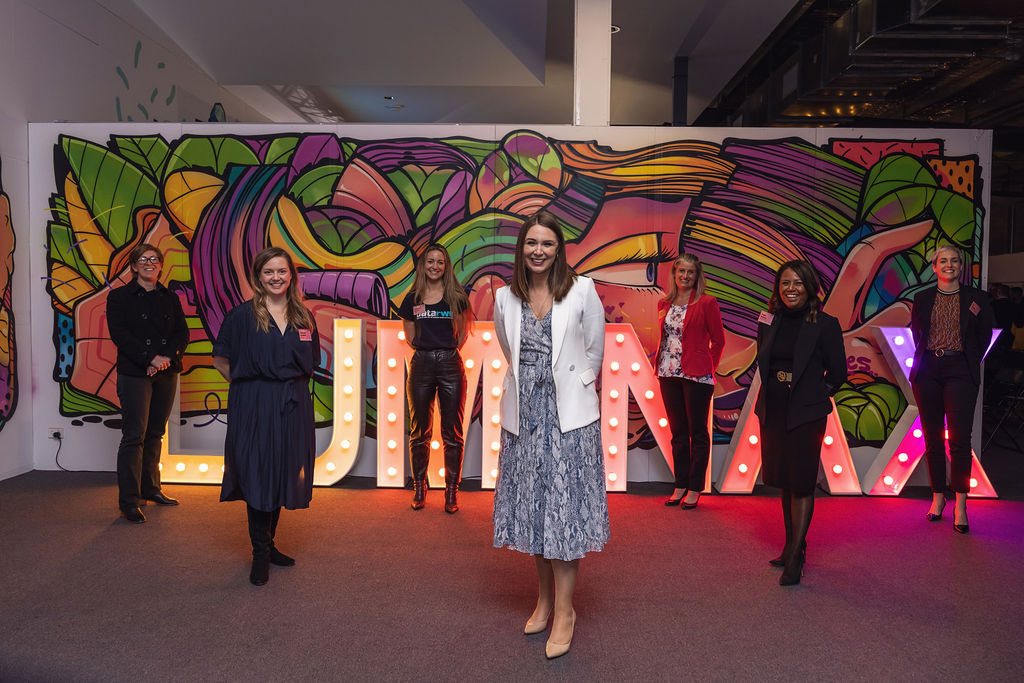
The other participants were:
- Able Digital Wellness – an online community and digital wellness platform designed to improve the lives and health of those living with a disability.
- Beyond the Clinic – A two-sided marketplace that empowers patients to take their health into their own hands, whilst providing doctors with data to analyse patient outcomes.
- Datarwe – An acute care medical research data platform, enabling medical researchers to develop next-generation artificial intelligence clinical diagnostic tools and technologies.
- Edify Medical – A new digital ecosystem designed to break down the barriers of language, cost, and access to information that creates healthcare inequality across the globe.
- Virtual Psychologist – A psychology and counselling business that delivers text-based mental health services by qualified professional staff through a global IT platform.
- Bundle of Rays – Immersive learning tools such as VR and AR to deliver education and training within the health care space.
- Oncana – An integrated digital health and wellness experience that bridges the gap between treatment and care for people living with and beyond cancer.
- Fwards – A digital platform that provides clinical nurses the tools to connect, reflect and grow together, aiming to improve burnout and turnover within the nursing sector
LuminaX was delivered in partnership with the Queensland AI Hub and IntelliHQ and with the support of the Queensland and Australian governments. Applications for the next program will open in January 2022.
